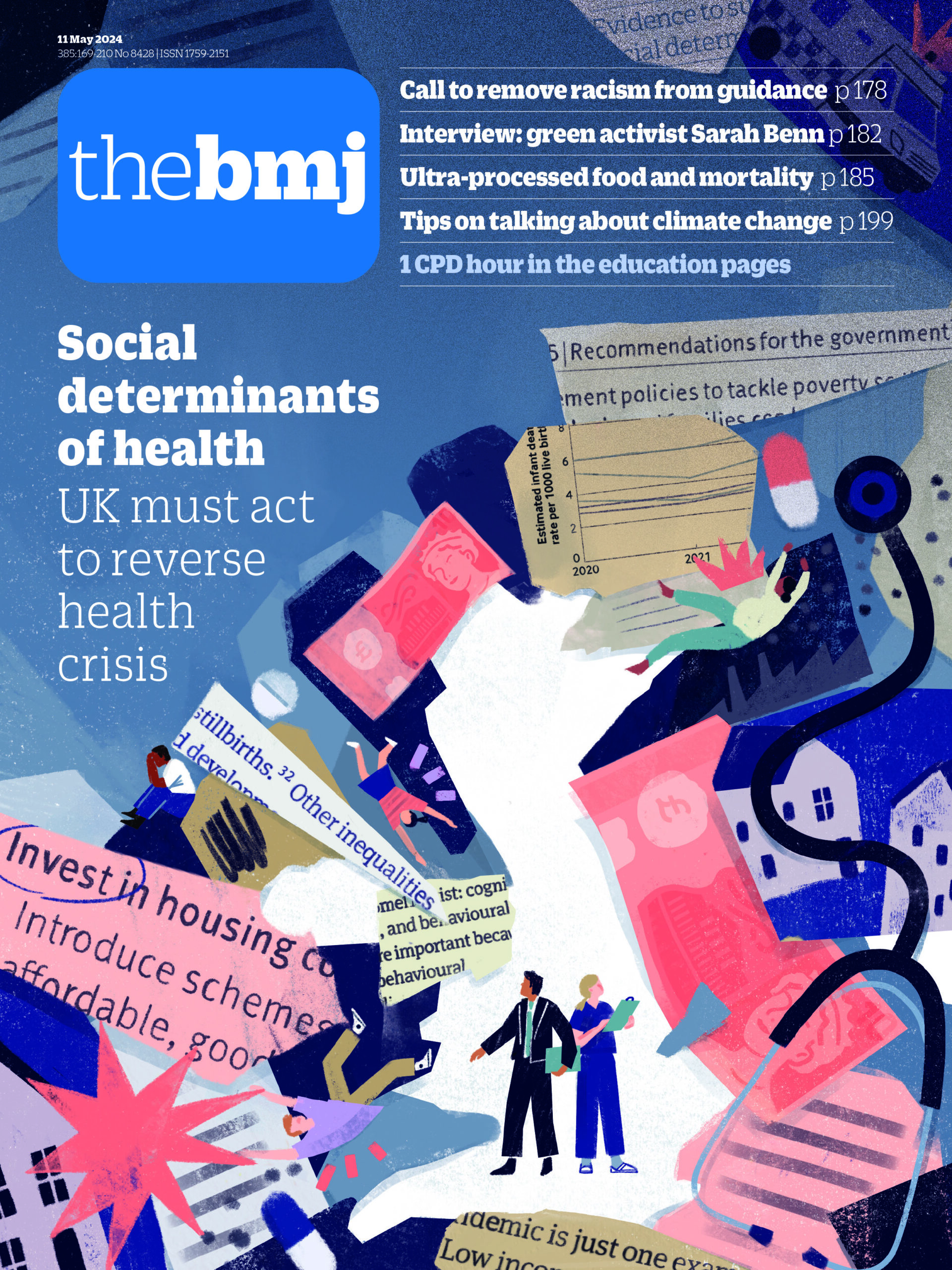- Eric Slade, health economics adviser1,
- Laura Berg, systematic reviewer1,
- Katharina Dworzynski, guideline lead1,
- Ranjit Manchanda, professor of gynaecological oncology and consultant gynaecological oncologist, guideline topic adviser2 3 4
- on behalf of the Guideline Committee
- 1National Institute for Health and Care Excellence, London
- 2Wolfson Institute of Population Health, Queen Mary University of London
- 3Barts Health NHS Trust, Royal London Hospital
- 4Department of Health Services Research and Policy, London School of Hygiene & Tropical Medicine
- Correspondence to E Slade eric.slade{at}nice.org.uk; R Manchanda r.manchanda{at}qmul.ac.uk
What you need to know
-
Men and people born with male reproductive organs have a genetic risk of carrying a pathogenic variant associated with ovarian cancer and other cancers
-
If a person had a direct-to-consumer genetic test and is reported to have a pathogenic variant for which NHS testing is offered, liaise with a regional NHS genetics service to discuss whether referral is appropriate
-
Refer for genetic counselling and testing people who have a first or second degree relative diagnosed with ovarian cancer, those from high risk groups, anyone identified through cascade testing, or those diagnosed with ovarian cancer linked to pathogenic variants
-
For women, trans men, and non-binary people born with female reproductive organs who are at increased risk of ovarian cancer, risk reducing surgery that is age appropriate for their pathogenic variant or family history is the most effective way to reduce the risk of ovarian cancer
In the UK, around 7500 women are diagnosed with ovarian cancer annually. Approximately 340 000 to 440 000 UK women carry a pathogenic variant in a high risk gene that increases their risk of developing the disease.1 However, only around 3% of people with a high risk gene know that they carry it.2 Most ovarian cancers associated with high risk genes are diagnosed at advanced stage, leading to poor clinical outcomes. Genetic testing can identify at-risk carriers, who can opt for preventive measures such as risk reducing surgery, which significantly lowers the risk of developing ovarian cancer.3
This article summarises new guidance by the National Institute for Health and Care Excellence (NICE) on identifying and managing familial and genetic risk of ovarian cancer.4 It covers select recommendations of relevance to those working in primary care and providers who refer to specialist services. Recommendations from this guideline are for anyone who has an increased probability …
